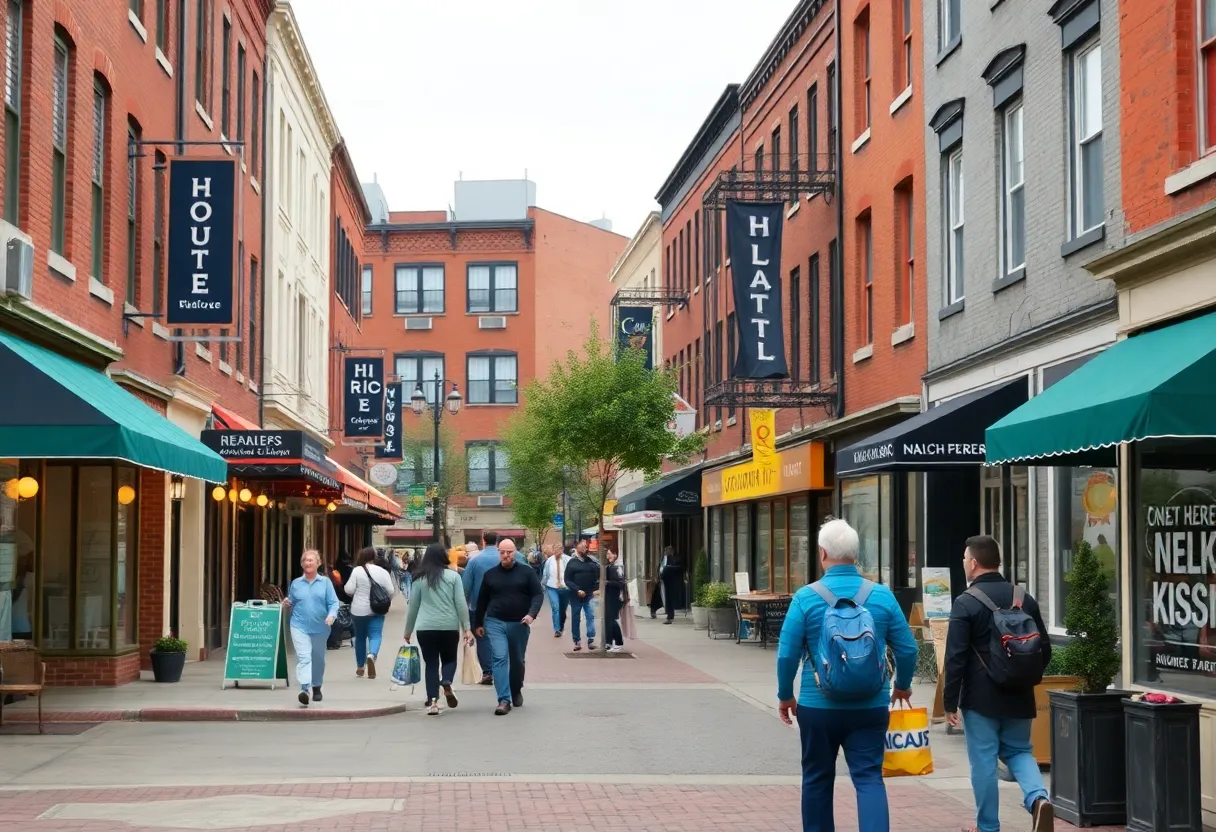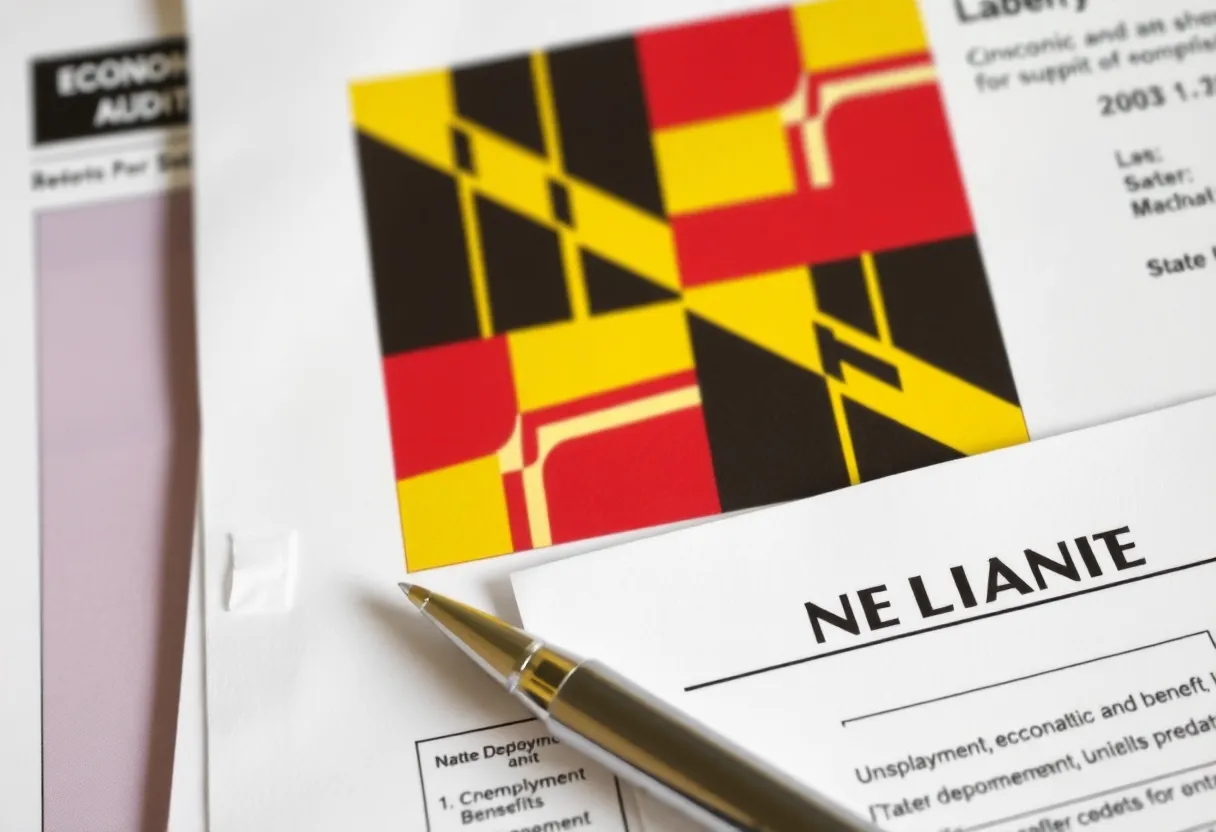News Summary
The University of Missouri has canceled the Legion of Black Collegians’ Black 2 Class Block Party over concerns that its name implies racial exclusivity. The decision comes shortly before the event, prompting disappointment among organizers. LBC has suggested an alternative name, but the university has declined any change. This incident follows a pattern of naming restrictions imposed on LBC events, raising concerns about the representation of Black student groups. The cancellation has sparked discourse on campus safety and racial harassment issues affecting minority students.
Columbia, Missouri – The University of Missouri (MU) has canceled the Legion of Black Collegians’ (LBC) Black 2 Class Block Party, citing concerns over the event’s name and its perceived implications of exclusivity based on race. The cancellation, communicated to LBC on Monday, comes just days before the planned event scheduled for Friday.
During a meeting between LBC’s executive board and university administrators—including Vice Chancellor Angela King Taylor and UM System President Mun Choi—the reasons for the cancellation were discussed. The university expressed that the use of the word “Black” in the event’s title could suggest exclusionary practices, conflicting with university policies aimed at fostering an inclusive environment.
In response to the cancellation, LBC described the decision as “a deliberate act of erasure” and indicated their readiness to change the event’s name to “Back 2 Class Block Party.” However, this proposal was declined by the university, which maintained its stance on the cancellation. LBC leaders expressed disappointment at the lack of alternative solutions offered by MU, noting that the cancellation has caused frustration among its members who organized the event.
This incident is not an isolated case. Previously, MU mandated that LBC alter the name of its “Welcome Black BBQ” to “Welcome Black and Gold BBQ,” leading the organization to withdraw from that event this year. These repeated actions have prompted LBC to claim ongoing challenges in naming events that authentically represent their community.
The university reiterated its commitment to a non-discriminatory campus atmosphere, stating that all events must align with policies that prohibit exclusion based on race. While LBC acknowledged awareness of such policies, they contended that the university has effectively sidelined similar initiatives in the past.
Additionally, the recent meeting addressed broader issues surrounding campus safety and student experiences related to racial harassment encountered during the previous school year. LBC reported that numerous incidents involving racial slurs occurred on campus, affecting the experiences of Black students during various university-sponsored activities.
In light of these issues, LBC called for MU to take a firm stance against racial harassment, advocating for a public condemnation of such behaviors and a push for clearer communication regarding the university’s non-discrimination policies. This reflects a broader desire for systemic change and a safer environment for minority students within the university.
Compounding the administrative concerns was a dispute regarding the necessary permits for the block party location. A spokesperson for MU indicated that LBC did not secure the appropriate approval for the event space, raising questions about the validity of prior confirmations the organization received that suggested the event could take place at the Black Culture Center. This discrepancy has added an additional layer of conflict to the already contentious situation.
Support for LBC has emerged from other student organizations, notably Phi Beta Sigma, a historically Black fraternity at the university. They criticized the cancellation, asserting that such decisions reinforce barriers that hinder the activities and recognition of Black organizations on campus.
The event’s cancellation underscores ongoing challenges within university environments when addressing race-related matters and the complexities involved in fostering inclusive spaces for all students. As discussions progress, it remains to be seen how MU will address the concerns raised by LBC and other student bodies and what measures will be implemented to ensure a more supportive campus climate moving forward.
Deeper Dive: News & Info About This Topic
HERE Resources
Elise Carter Receives Carter G. Woodson Memorial Award
Additional Resources
- KMIZ: Black Student Group Meets with MU Over Cancellation of Event
- KMIZ: MU Cancels Welcome Event for Black Student Group
- Columbia Tribune: Rapper Talib Kweli Coming to Columbia, MO
- WIS TV: Columbia Police Non-Profit Collaboration for Block Party
- Wikipedia: Cultural Inclusivity
Author: STAFF HERE BALTIMORE WRITER
The BALTIMORE STAFF WRITER represents the experienced team at HEREBaltimore.com, your go-to source for actionable local news and information in Baltimore, Baltimore County, and beyond. Specializing in "news you can use," we cover essential topics like product reviews for personal and business needs, local business directories, politics, real estate trends, neighborhood insights, and state news affecting the area—with deep expertise drawn from years of dedicated reporting and strong community input, including local press releases and business updates. We deliver top reporting on high-value events such as the Baltimore Book Festival, Preakness Stakes, and Artscape. Our coverage extends to key organizations like the Baltimore Chamber of Commerce and Visit Baltimore, plus leading businesses in shipping and healthcare that power the local economy such as the Port of Baltimore and Johns Hopkins Medicine. As part of the broader HERE network, we provide comprehensive, credible insights into Maryland's dynamic landscape.





